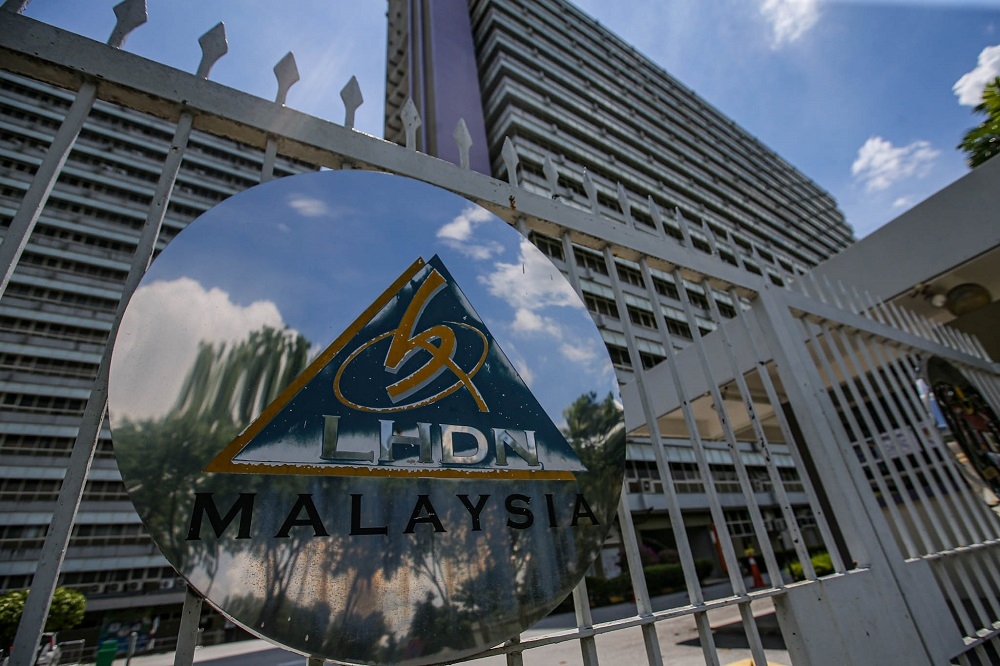South Sudan Shuffles Finance Team Again: Seventh Minister Dismissed Since 2020

Another Change at the Top: South Sudan's President Kiir Dismisses Finance Minister
In a move that underscores the ongoing instability within South Sudan's government, President Salva Kiir has abruptly dismissed his finance minister, Marial Dongrin Ater. The announcement, broadcast by the state-owned radio, marks the seventh replacement for this crucial position since 2020, raising serious questions about the country's economic management and policy consistency.
While the president has offered no explanation for the dismissal, the frequent turnover in the finance ministry has become a defining characteristic of Kiir's administration. Each change brings with it uncertainty for investors and donors, hindering efforts to stabilize the South Sudanese pound, control inflation, and address the nation’s persistent economic challenges. The country, already grappling with conflict, humanitarian crises, and widespread poverty, desperately needs a stable and experienced leadership team to navigate these complex issues.
A Pattern of Instability: Why So Many Finance Ministers?
The revolving door at the finance ministry isn't an isolated incident. Analysts suggest a combination of factors contributes to this instability, including political infighting, corruption allegations, and disagreements over economic policy. The power struggles within the ruling Sudan People's Liberation Movement (SPLM) often spill over into ministerial appointments, prioritizing political allegiances over competence and experience.
Furthermore, South Sudan's reliance on oil revenues makes it particularly vulnerable to fluctuations in global oil prices. This dependence often leads to contentious debates over budget allocations and resource management, further fueling tensions within the government. The lack of transparency and accountability in the oil sector exacerbates these problems, creating opportunities for corruption and undermining public trust.
Impact on South Sudan's Economy
The constant changes in leadership at the finance ministry have a tangible impact on South Sudan's economy. New ministers often bring with them new priorities and approaches, disrupting ongoing projects and creating policy inconsistencies. This lack of continuity makes it difficult to attract foreign investment and secure international aid. The South Sudanese pound continues to depreciate, inflation remains high, and many citizens struggle to afford basic necessities.
The dismissal of Marial Dongrin Ater, and the seven previous replacements, highlight the urgent need for structural reforms within South Sudan's government. Greater transparency, accountability, and a focus on long-term economic planning are essential to building a more stable and prosperous future for the country. Without significant changes, South Sudan risks remaining trapped in a cycle of economic instability and political turmoil.
What's Next for South Sudan's Finances?
The appointment of Ater's successor will be closely watched by both domestic and international observers. The new finance minister will face immense pressure to restore confidence in the economy, address the pressing challenges of inflation and currency depreciation, and work towards a more sustainable economic model. Whether they can succeed in this daunting task remains to be seen, but the future of South Sudan's economy hinges on it.






